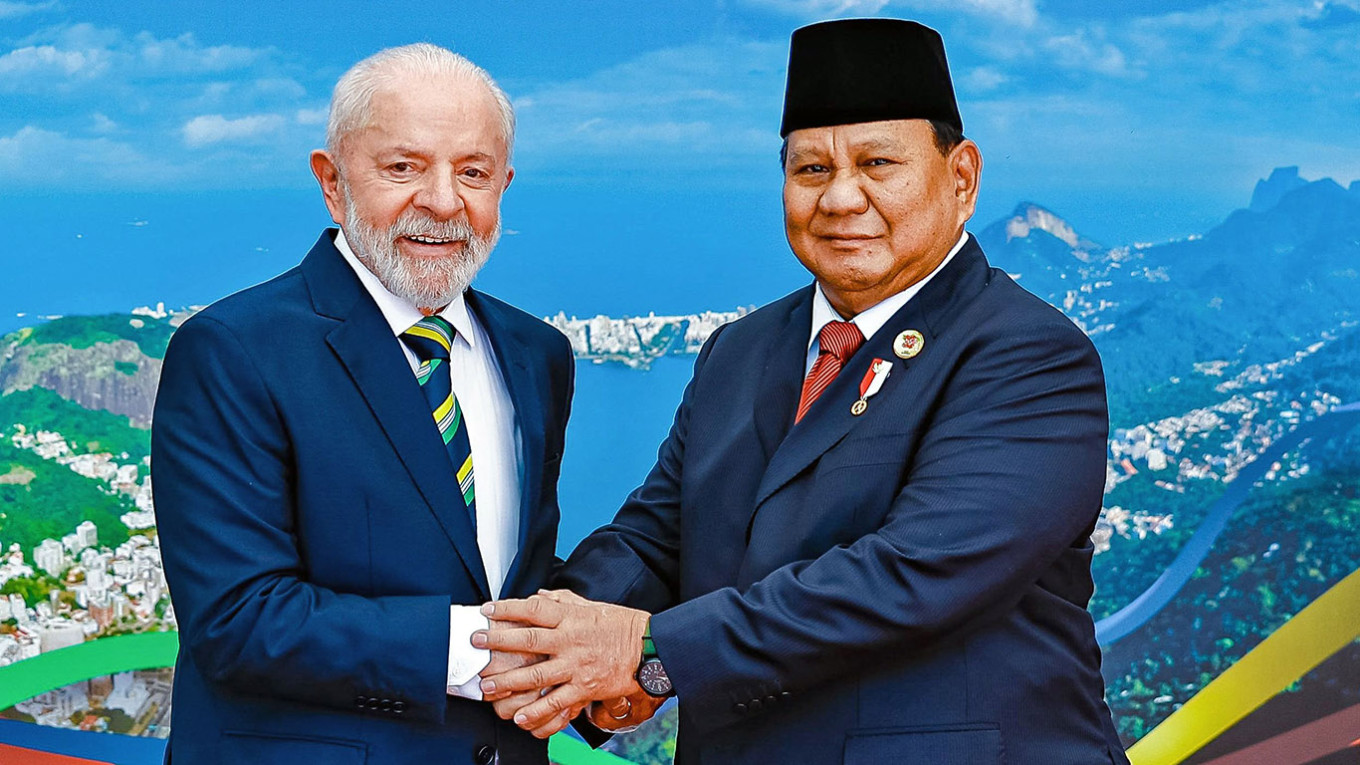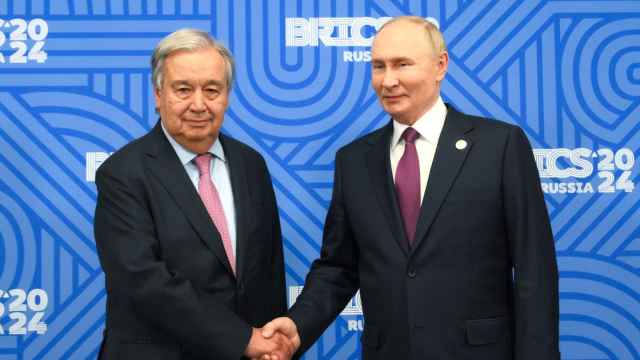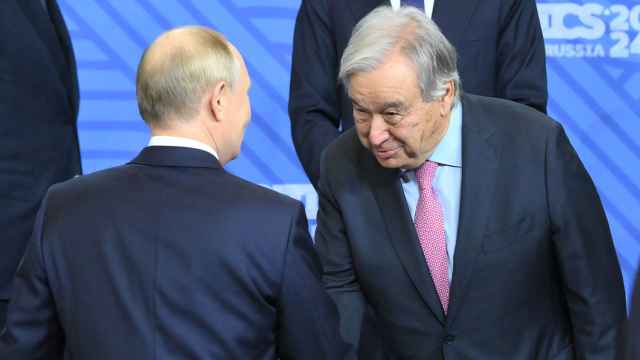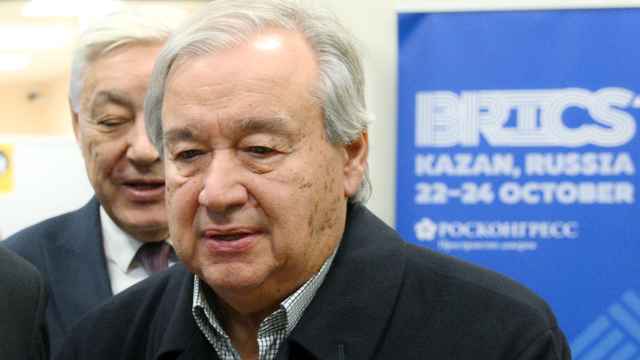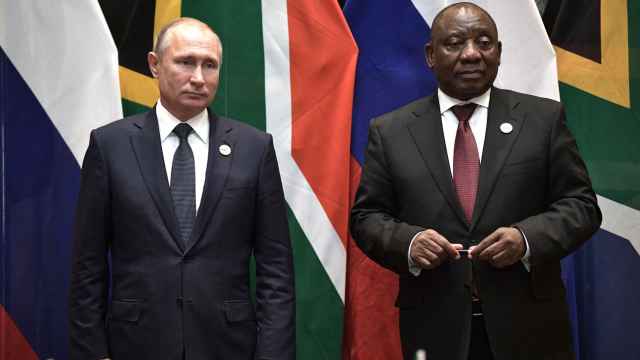During Russia’s 2024 chairmanship of BRICS, four member states of the Association of South East Asian Nations were offered partnership status in lieu of direct entry. Whereas Vietnam remains in “wait-and-see” mode, Thailand and Malaysia rushed headlong into affiliating themselves with the non-Western alliance soon after invitations were extended their way. Meanwhile and somewhat unexpectedly, Indonesia became a full-fledged BRICS member earlier this week despite Russian Foreign Minister Sergei Lavrov announcing an enlargement moratorium just six months ago.
With Saudi Arabia still dragging its feet on accession talks, tensions simmering between Turkey and Russia over recently-toppled Syrian dictator Bashar al-Assad, and Kazakhstan ruling out BRICS membership, Indonesia was among the few non-aligned middle powers left to join the group in short order. That said, the country’s newly elected strongman Prabowo Subianto — whom the Kremlin doubtless sees as a like-minded, no-nonsense ally — almost certainly helped fast-track Indonesia’s admission to BRICS.
Although the revolving door of retired army generals being thrust into frontline politics is commonplace throughout Southeast Asia, Subianto’s ascent to power in late October 2024 was an especially positive development for Russia since his inauguration coincided with the 16th annual BRICS forum in Kazan. Notwithstanding his domestic and international reputation for brutality for flagrant human rights abuses earned him a 20-year U.S. travel ban, the Subianto sought to reassure ordinary Indonesians that he has changed his spots by pulling numerous publicity stunts like launching a $4 billion free meals scheme for schoolchildren and building an image as a cat-lover on social media.
However, his predecessor and two-time presidential rival Joko Widodo campaigned on a similar, albeit less ostentatious, man-of-the-people ticket when he first ran for office, only to do away with checks and balances during his decade-long tenure as head of state. Having referred to democracy as “tiring” and “messy,” it is hard to imagine Subianto as anything other than an autocrat-in-waiting bent on applying the finishing touches to what he deems a failed social experiment and ushering in an era of retrograde, junta-inspired governance. Over and above his chequered past as a loyal supporter of the bloodthirsty Suharto regime who was discharged from the military for kidnapping and roughing up peaceful activists, the 72-year-old made no bones about his sympathy towards Russia while serving as Defense Minister under Widodo’s administration.
Notably, Indonesia also refused to endorse the final communiqué at the 2024 Peace Conference in Switzerland. On July 31, Subianto was received by Vladimir Putin in Moscow and described Russia as a “great friend.” At this meeting, he also proposed launching non-stop Aeroflot flights to Bali, earmarking a scholarship fund for 160,000 Indonesian medical students to pursue higher education in Russia and intensifying cooperation with Rosatom. Furthermore, his first overseas trip as head of state was to China in November to sign bilateral trade deals with $10 billion. Irrespective of buoyant Sino-Indonesian relations, Russia looks set to be the biggest beneficiary of Indonesia’s inevitable pivot towards tyrannical rule.
Opaque as BRICS’ intake procedure might seem, the bloc’s founding members have sought to create the impression that aspirants must go through the motions and cannot be admitted on a luck-of-the-draw basis or at the whim of any individual participant. Yet in Indonesia’s case, Russia was clearly the driving force behind its accession, gifting their scandal-ridden leader a major diplomatic win. Granted, Indonesia is a regional powerhouse in its own right and a worthy contender on merit alone given its strategic location, abundant mineral reserves, OECD candidacy and “independent and active” foreign policy. But the debt of gratitude Jakarta now owes Moscow begs the question of what Putin expects in return.
Boasting a 280-million-strong population with a median age of just 30 Indonesia could become a hotbed for Kremlin-led mercenary recruitment as the war in Ukraine grinds on. From Putin’s standpoint, the best-case scenario would be establishing a North Korea-esque arrangement whereby able-bodied, fighting-age Indonesians are dispatched to the conflict zone and passed off as ethnic Buryats or Tuvans to give both parties plausible deniability.
Furthermore, Moscow’s acute manpower shortage is not solely confined to the battlefront. Besides facing a mass exodus of its best and brightest citizens when the full-scale invasion of Ukraine began, Central Asian guest workers are increasingly second-guessing their future in wartime Russia following the Crocus City Hall terrorist attack carried out by four Tajik assailants and, more recently, the Uzbek suspect accused of killing Lieutenant General Igor Kirillov. The xenophobic climate of fear is such that even remittance-dependent ex-U.S.S.R. republics like Kyrgyzstan and Tajikistan have warned their immiserated citizens against seeking employment in Russia. As a stopgap measure to fill the ensuing void in labor-intensive industries like agriculture, mining and construction, the Kremlin could end up sourcing blue-collar workers from the ASEAN region.
On the people-to-people front, it is no secret that the countries of Southeast Asia continue to welcome Russian tourists and long-term residents alike with open arms. Lax entry requirements, year-round warm weather, sinfully low living costs and politically unaware locals who routinely mistake them for Europeans have fueled the influx of draft dodgers and digital nomads from Russia.
This differs starkly from the mood in the post-Soviet space, where immigration authorities take a much harder line toward Russian expats. Azerbaijan, for instance, recently capped the maximum length of time citizens of Russia can spend on its territory visa-free at 90 days per calendar year and kept its land borders closed to prevent the post-mobilization demographic change that has taken root in neighboring Georgia and Armenia. Kazakhstan introduced similar legislation back in 2023 aimed at discouraging the prolonged stay of non-resident Russians.
Amid waning influence in what it sees as its own backyard, Russia is aligning itself more closely with ASEAN in the hope that these states will continue to push back against enforcing Western sanctions. As far as Putin is concerned, bringing Indonesia into the BRICS fold and propping up its controversial, Euroskeptic commander-in-chief will not only ensure the current status quo is maintained but also help peel neighboring applicants such as Thailand and Malaysia away from the transatlantic orbit.
A Message from The Moscow Times:
Dear readers,
We are facing unprecedented challenges. Russia's Prosecutor General's Office has designated The Moscow Times as an "undesirable" organization, criminalizing our work and putting our staff at risk of prosecution. This follows our earlier unjust labeling as a "foreign agent."
These actions are direct attempts to silence independent journalism in Russia. The authorities claim our work "discredits the decisions of the Russian leadership." We see things differently: we strive to provide accurate, unbiased reporting on Russia.
We, the journalists of The Moscow Times, refuse to be silenced. But to continue our work, we need your help.
Your support, no matter how small, makes a world of difference. If you can, please support us monthly starting from just $2. It's quick to set up, and every contribution makes a significant impact.
By supporting The Moscow Times, you're defending open, independent journalism in the face of repression. Thank you for standing with us.
Remind me later.


